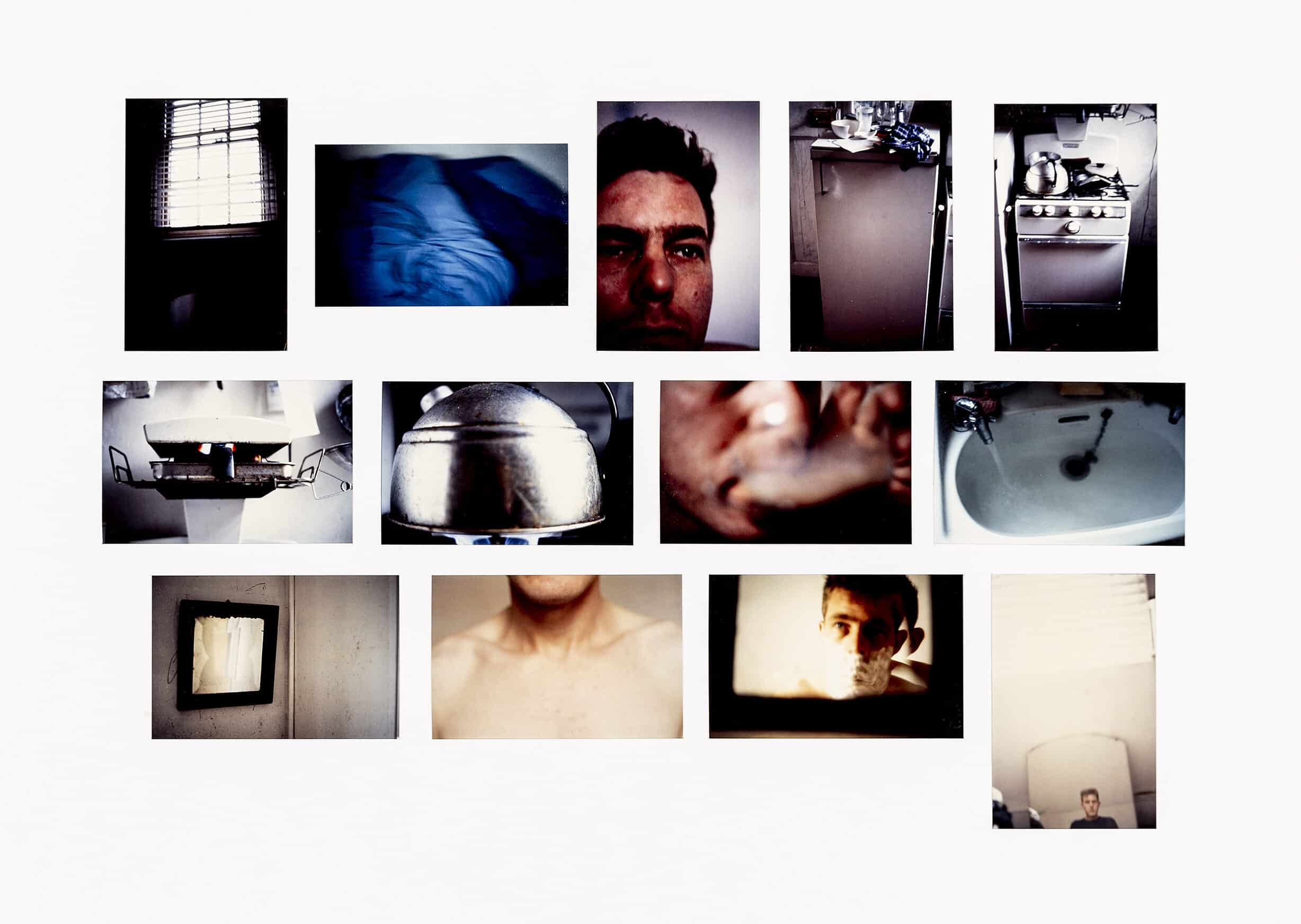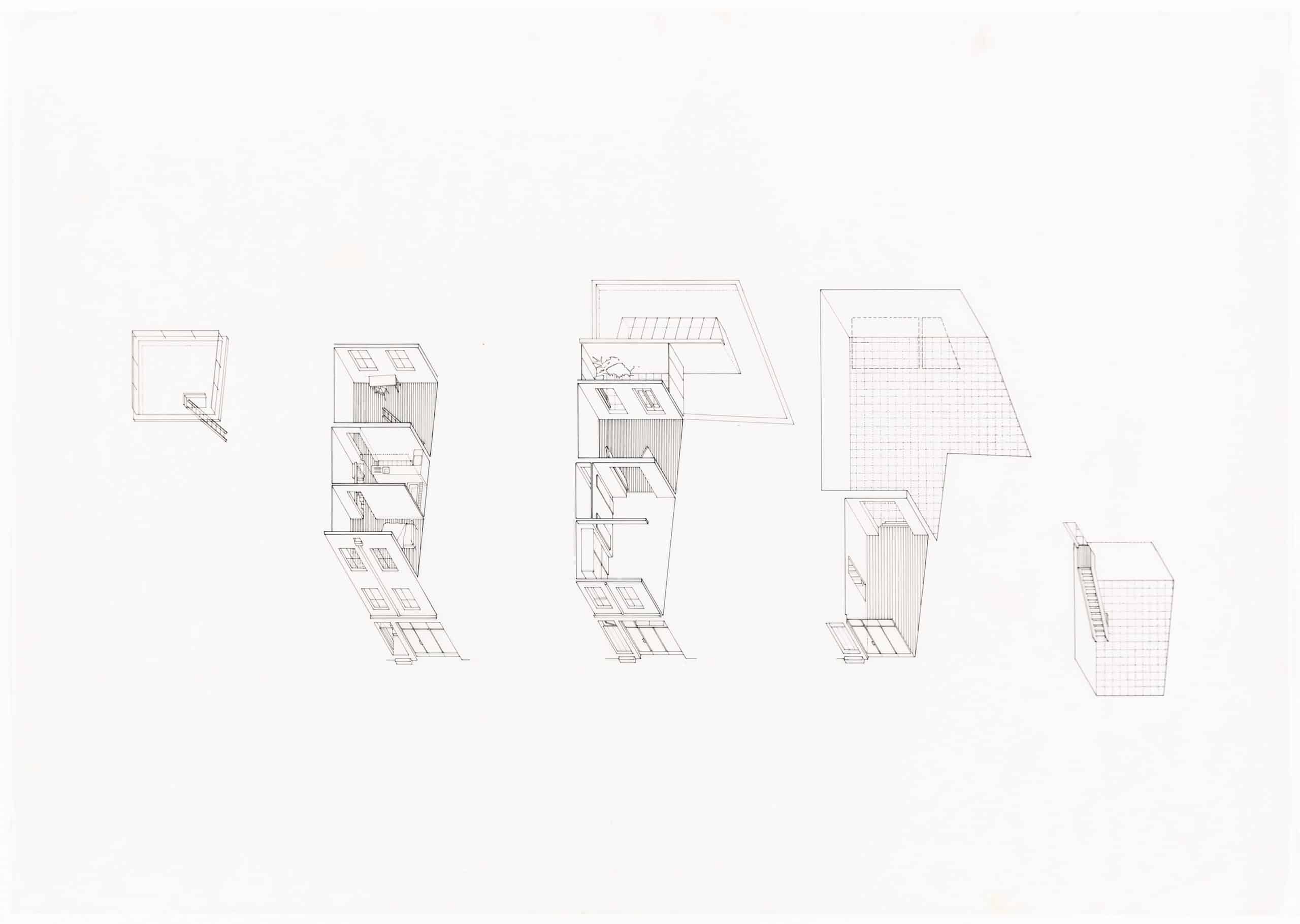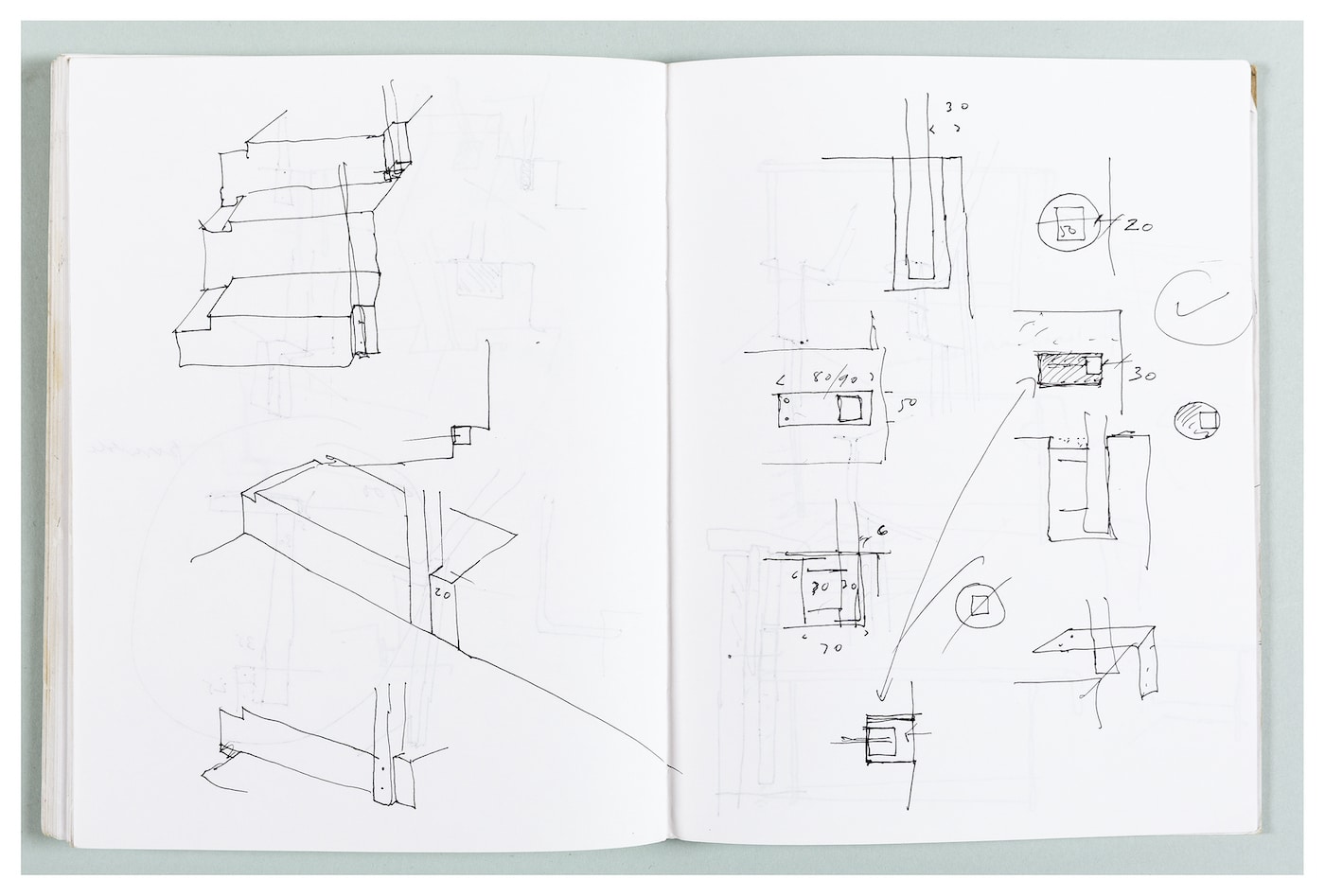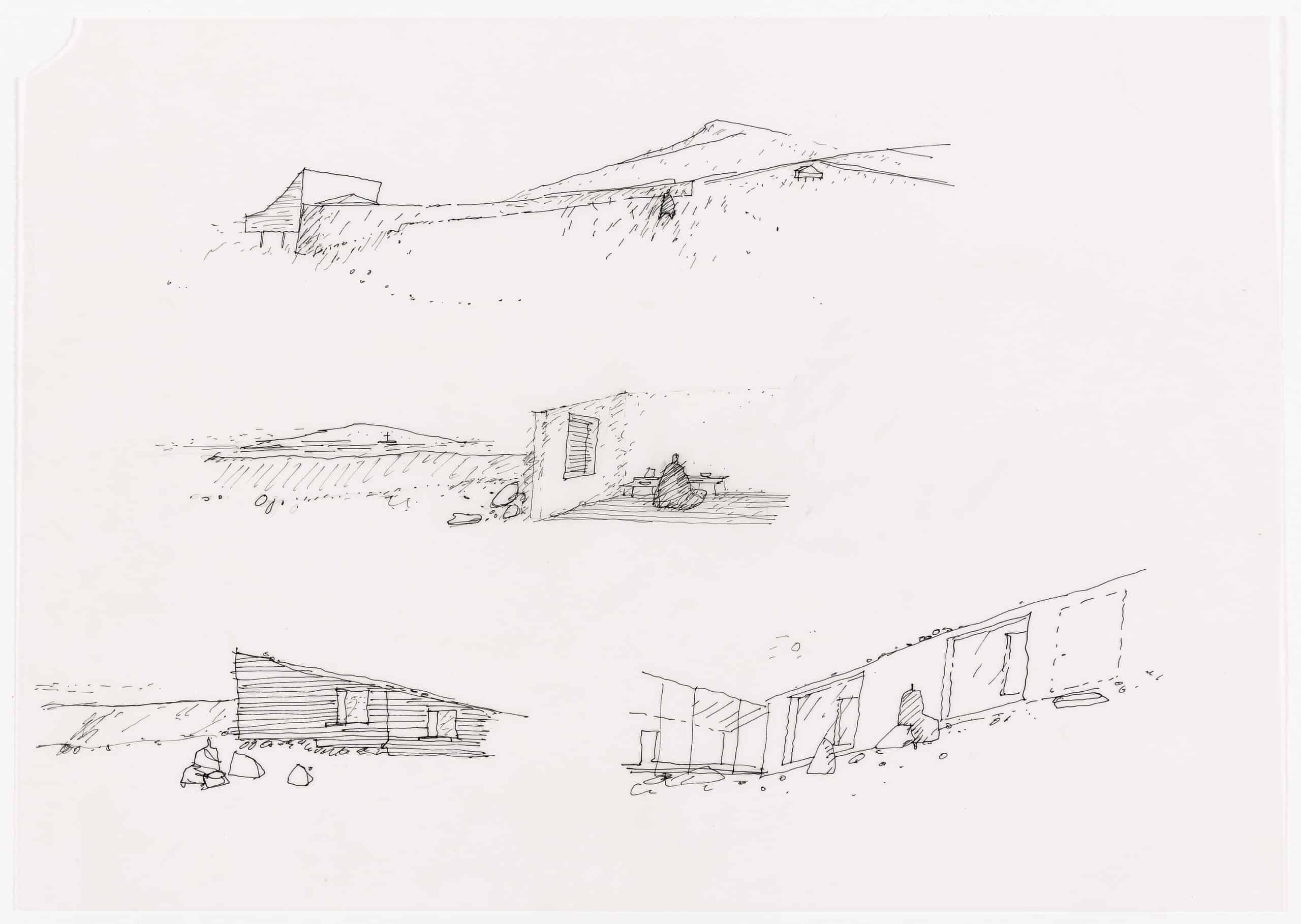Tony Fretton: Everything I Saw Became Important

Friday 7 November: Tony Fretton in Conversation with Benjamin Machin
18.00–20.00
Doors open at 18.00; talk begins at 18.30
Purchase tickets here. (Sold out)
The recording of the talk is available here.
Saturday 8 & Sunday 9 November: Exhibition
11.00–18.00
Free and open to all
8 Smart’s Place, London, WC2B 5LW
Design is a very compact activity where you’re not sure about what it will do. You work by instinct, and that instinct either unfolds to be something good over time, or it doesn’t. While you know that some things will have an immediate effect, the long-term and cultural effects are things you cannot foresee.—Tony Fretton
On Saturday 8 and Sunday 9 November, Drawing Matter will present an exhibition of early projects by the London-based architect Tony Fretton. At the centre of the exhibition are four projects, represented by drawings, sketchbooks, and photographs from the Drawing Matter Collection: Mute Records (1986, unbuilt), Lisson Gallery I (1986), Lisson Gallery II (1992), and a competition entry for the Holy Island Buddhist Retreat (1993).
Alongside these, the exhibition includes photographs of the architect’s early performance works with Station House Opera, of which he was a member in the early 1980s, and Get Ready (1981), a series of images documenting Fretton’s morning routine. For the first time in over forty years, Get Ready will be presented with its original audio track.
To open the exhibition, Tony Fretton will be in conversation with architect Benjamin Machin on Friday 7 November. A recording of the talk will be published online.
The guide for the exhibition can be viewed here.
A record of the event can be viewed here.



Drawing Matter’s public programme offers the public opportunities to experience our drawings collection, which is usually only open to researchers by appointment and for student/practice workshops. Events take the form of talks at the archive, workshops by practitioners and open weekends.
To be notified of future events, subscribe to our newsletter and follow us on Instagram.
